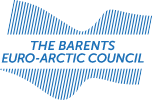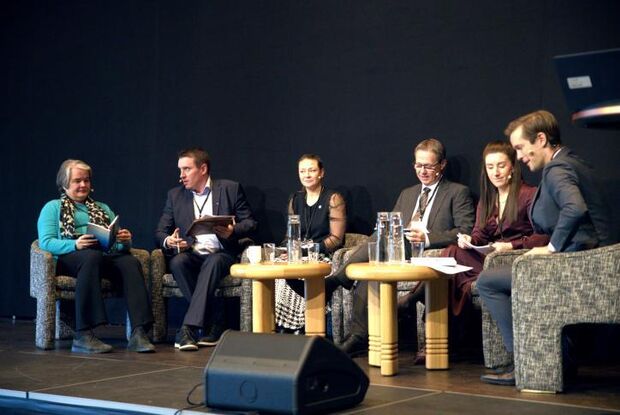Clear vision
In a geographical sense, the Barents Region is a part of the wider Arctic Region, and many of the challenges of the Barents Region are similar to those facing the rest of the Arctic. At the same time, the Barents Region is unique - defined by people-to-people cooperation, great potential and stunning nature worth preserving. It is the most populous and prosperous part of the Arctic, with thriving enterprises, renowned universities, and a strong entrepreneurial and innovative spirit. This means there are also challenges that are unique to Barents Region, compared to the wider Arctic. This makes the Barents Cooperation important.
A source of strength
The Barents Cooperation is essential for building cross-border relationships and mutual understanding, promoting peace, stability, and sustainable development remains its main purpose. The Covid-19 pandemic has shown how vulnerable and interlinked our societies are, making this cross-border cooperation even more necessary . The worldwide pandemic has also shown that successful regional measures to combat the COVID-pandemic are closely linked to international efforts and results. I believe that through increased information exchange and cross-border contacts we can limit the negative effects of future pandemics affecting the Barents Region.
Tradition of success
Cooperation in the Barents Region began over 28 years ago in 1993. Through joint efforts and commitment of its members, it has since become a model for successful regional cooperation. During this time, we have achieved a lot of concrete results. We have improved waste water management in the pulp and paper industry, improved living conditions, strengthened cooperation between young people, the future of our region, and deepened cooperation in areas such as climate change, culture, gender equality, health, social issues, transport, emergency preparedness and response. Thanks to the unique interaction between stakeholders at national, regional, and local levels, including indigenous peoples, the Barents Cooperation has been able to achieve continuous results over the years.
In 2019 Sweden successfully concluded its Chairpersonship in the BEAC, eliminating a number of environmental hotspots while increasing work on gender equality, environmentally friendly transport solutions, and emergency preparedness and response during the Barents Rescue 2019 in Kiruna. I’m particularly proud that we have contributed to an increased dialogue with the younger generations; one of the key deliverables of the Chairpersonship have been the Youth Recommendations from the Working Groups of the BEAC. The implementation of the Youth Recommendations is in good hands, and I look forward to information on the progress by the end of Västerbotten’s regional and Norway’s national chairpersonship.
Forward-thinking
I look forward to continuing our robust support to and cooperation in the Barents Region with the BEAC member states and the Regional Council in the future. In Sweden, we will continue to pursue a feminist foreign policy as long as inequalities persist between women and men. I am convinced that together - with firm commitment, enhanced cooperation and smart ideas - we will make the Barents Region continue to thrive and become a region characterized by equal opportunities for women and men, and further that our joint efforts will contribute to a more sustainable and equitable future for everyone living in the Barents Region. For instance, I look forward to the launching of the Barents Financial Mechanism as an initiative that will stimulate productive, environmentally friendly and gender equal cross-border projects.









